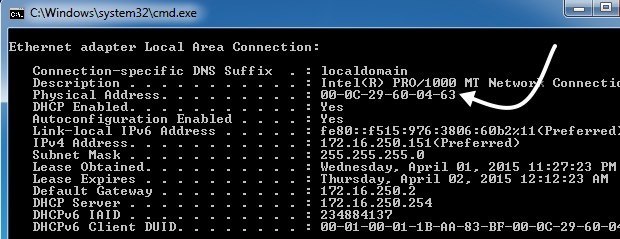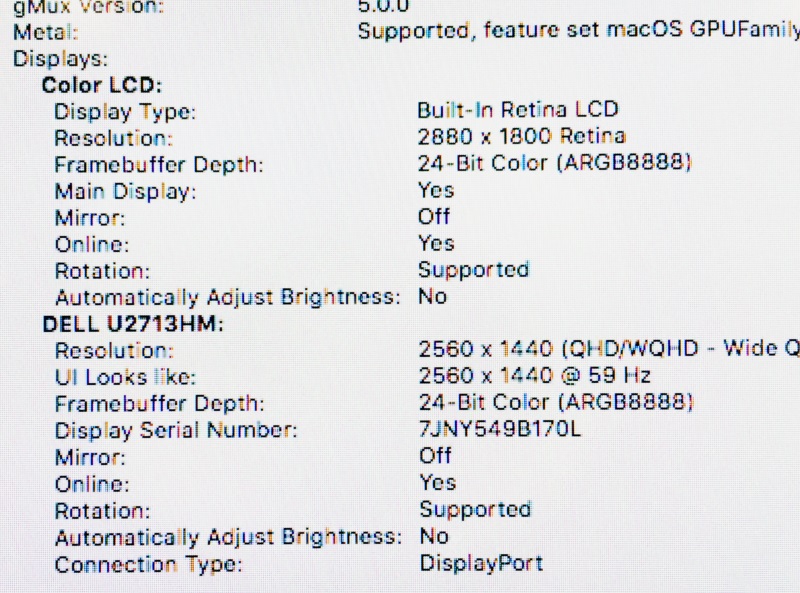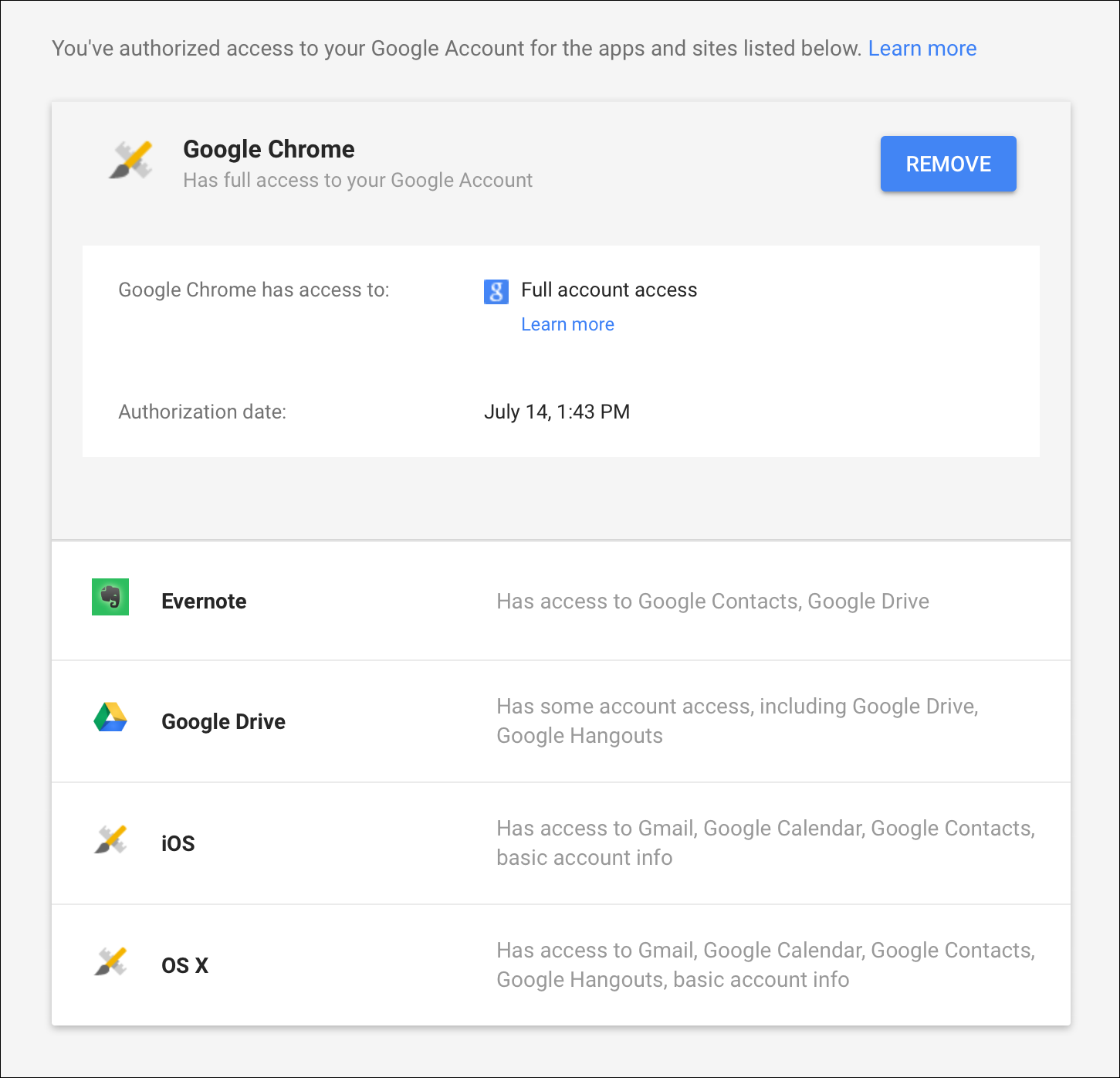You can access those system logs to determine whether your Mac has been used (locally or remotely) without your authorization. Step 1 Log in to your Mac OS computer using your regular user account. In Mac, if you already installed an anti-virus then this the best thing you've done to secure notebook. To find out if your mac address has been hacked. You can easily check it out by scanning your Mac. Usually, Mac users have to scan its system regularly to know if check anything usual such as the trojan virus. Can A Mac Computer Be Hacked Skype For Business Change Inactive Time Mac Hack How To Check If Your Webcam Is Hacked Mac Picture Naming Hack For Mac Nba 2k11 My Player Hack Xbox 360 On A Mac Spotify Premium Account Hack Mac How To Hack Your Neighbors Wifi Mac.
Check for logged events on your Mac. Mac users have a handy little way to see when their displays have powered on and off, which gives you a clue as to whether someone has been using your system.
If you think your computer has been hacked, and have Norton installed on your computer, the best option to rule out a threat infection is to perform a full system scan. However, there may be instances where the scan did not detect any threat, or you cannot perform a scan. In these scenarios, we recommend that you run a scan using Norton Power Eraser. Norton Power Eraser is a free, downloadable tool that uses aggressive methods to detect threats.
Many Norton offerings come with an additional benefit called the Norton Virus Protection Promise, which includes access to Norton experts who can work with you to diagnose and remove viruses should you run into any problems during your subscription. For more information, read What is Norton Virus Protection Promise?

If your computer is hacked, you might notice some of the following symptoms:
Frequent pop-up windows, especially the ones that encourage you to visit unusual sites, or download antivirus or other software
Changes to your home page
Mass emails being sent from your email account
Frequent crashes or unusually slow computer performance
Unknown programs that startup when you start your computer
Programs automatically connecting to the Internet
Unusual activities like password changes
Download Norton Power Eraser.
Click Save.
Select the location as Desktop, and then click Save.
To run Norton Power Eraser, double click the NPE.exe file.
If the User Account Control window prompts, click Yes or Continue.
Read the license agreement, and click Accept.
In the Norton Power Eraser window, click the Scan for Risks icon.
By default, Norton Power Eraser performs a Rootkit scan and requires a system restart. When you see a prompt to restart the computer, click Restart. If you do not want to include the Rootkit scan, go to Settings, and uncheck the option Include Rootkit scan (Requires a system restart).
After the computer is restarted, the scan starts automatically. Follow the on-screen instructions.
How do I remove the infection from my computer?
Once you have a virus on your computer, it may attack Norton and prevent it from working properly. In these cases, the virus must be removed manually. Norton offers free, do-it-yourself support options as well as a paid service where we take care of removing threats for you.
You can let our Spyware & Virus Removal Service expert technicians do all the work for you. Our Spyware & Virus Removal Service is handled by highly trained expert technicians who work with you for as long as it takes to locate and neutralize all known threats on your computer.

Contact our Spyware & Virus Removal Service
The following are some of the best practices that will keep your computer safe.
Keep your Norton product updated with the latest Virus definitions
Do not click on any intriguing pop-up advertisements
Always scan your email attachments before opening them
Always scan the files that you download using file sharing programs
Ransomware is a particularly nasty form of malware because it seeks to exploit computer users’ fear that their privacy has been compromised. As more and more malware is reported and makes the headlines, more of us become concerned for the safety of our data, as well as our own privacy and even personal safety. Ransomware, like the “your camera is hacked” scam, plays on that by sending you a message telling you that the hackers have images taken from your webcam while you were surfing the web. Usually, the message claims you have been visiting porn sites and that the webcam took a video of you while you visited the sites.
Can my Mac’s camera be hacked?
The short answer is yes. It is possible for malware running on your Mac to turn on the iSight camera and record video or still images and audio from the microphone, and send it to a storage location on the internet. As recently as 2016, a backdoor called Backdoor.OSX.Mokes, a Mac variant of a piece of malware that had already been found on Windows and Linux computers, was discovered. According to Kaspersky labs, the backdoor could steal data, including Screenshots, Audio-/Video-Captures, Office-Documents, and Keystrokes. There have been other instances of malware that has this capability.
As reported at “Objective by the Sea,” 2019 security conference, 20% of Macs are infected by PUPs — Potentially Unwanted Applications.
What can I do to stop my camera from being hacked?

While some suggest using camera covers or lids to protect your privacy, we don't recommend doing so. Closing your Mac with a cover over the camera may seriously damage the display. Lids can also cover the light sensor and prevent your Mac from automatically adjusting brightness. There are other safe methods to make sure you're not being watched. We'll explain them below.
Doesn’t a green light come on when the camera is in use?
How To Tell If Computer Is Hacked Mac
Yes, it does. Apple assures that the camera indicator is always lit if the camera is activated. It means no one can use your camera without you knowing.
But there are additional security measures you can take to control access to your camera.
Check what apps have access to your camera
How To Know If Your Computer Is Hacked Mac
If you think that your camera might be hacked, it’s a good idea to check what programs on your Mac are allowed to access it. You can easily check the current permissions with the help of the freshly-baked feature in CleanMyMac X. It’s called “Application Permissions,” and it allows you to stay in the know of your app permissions. If you're running macOS Catalina, you can check what programs can access your camera, microphone, files, and folders in just a few clicks.

CleanMyMac X has a free trial version, so try it out and keep your data safe!
I thought you said the “your computer has been hacked” thing is a scam?
It is. While it’s possible to steal video, audio, and photos from your webcam and microphone, and malware exists that can do it, that’s not what’s happening in this case. The porn blackmail scam that sends out email messages claiming your webcam has been hacked is designed to extract money from people who believe it may be true. Even people who have never visited a porn site become concerned when they receive the email. It's easy for people who have visited porn sites to see how their fears could be exploited.
The scam works by sending spam emails in the hope of luring enough people to make it worthwhile. The email claims that you downloaded a virus while watching porn and that the virus captured video of you while you were on the site, along with screenshots of the site itself. It then threatens to send the video to everyone in your contacts app if you don’t pay a ransom of several thousand dollars in Bitcoin. As an extra twist, the email addresses are often harvested from data breaches which also exposed users’ passwords. By including the password in the email, the hacker demonstrates that they know something about the recipient. That increases the fear that the hacker has more information, including the images and video they claim to have. It’s a tried and tested social engineering trick and a very nasty one.
What to do if I receive one of these emails?
- Delete it. Don’t click on any links in the email and don’t pay the ransom. The hacker doesn’t have what they claim to have. The email is designed to blackmail porn site visitors. Even if you have visited porn sites, you can safely delete the email.
- If the email contains a password or part of a password that you’ve used online, change your password on every site where you use it. Use a unique password for every account, make sure it’s hard to guess (Safari’s password suggestion tool is a good way to do this), and don’t write it down.
- иTake the opportunity to scan your computer for malware. You can do that using one of the many antivirus tools that allow you to download them and scan your computer for free. Some may then charge you if they find anything, and you need to remove it. Alternatively, if you’re using a Mac, you can use the malware tool in CleanMyMac X. It uses CleanMyMac’s regularly updated malware database and compares what it finds on your Mac with it. If it doesn’t find anything, it will tell you your Mac has a clean bill of health. If it does, you can remove it at the press of one button.
This app can detect macOS-specific keyloggers, backdoor viruses, and worms. Download its free version here. - Forget about it. Once you’ve deleted the email, changed passwords, and scanned your computer, try and forget about it. You won’t hear any more from the hackers.

While it is possible for webcams, like the iSight cam on iMacs and MacBooks, to be hacked and images and video stolen, it’s very unusual. Far more common are hackers who try to exploit the fears of people who are worried about privacy by claiming to have video and photos that they don’t. While taping over your webcam and microphone will prevent anything from being stolen, for most of us, it’s probably not necessary. However, you should make sure that your online accounts have secure, unique passwords and delete any accounts you no longer need or use. And it would be best if you also scan your computer for malware, perhaps using the malware utility in CleanMyMac X.
These might also interest you:
